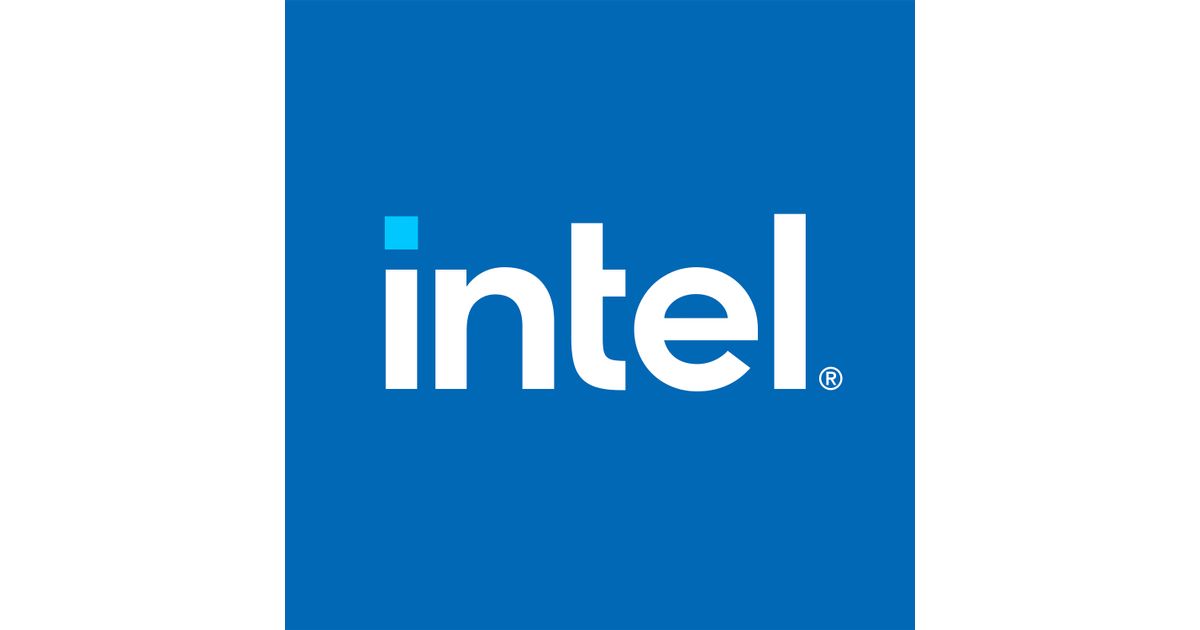Toote tegelik värvus võib erineda piltidel kujutatavast ning pildid on
illustratiivsed.
Intel E810XXVDA4BLK network card Internal
Intel E810XXVDA4BLK, Internal, PCI Express
Read more...
Read more...
Product Information
| Information | |
|---|---|
| Manufacturer | Intel |
| Product code | 214544163 |
| EAN | 05054444369266 |
| Manufacturer part number | NKINLP2PPE00016 |
| Category | Võrgukaardid |
| Ports & interfaces | |
|---|---|
| Host interface | PCI Express |
| Ethernet LAN (RJ-45) ports | 4 |
| PCI version | 4.0 |
| Interface type | PCIe v4.0 (16 GT/s) |
| Cabling type | SFP28 ports - DAC, Optics, and AOC's |
| Optical fiber | |
|---|---|
| Fiber optic connector | SFP28 |
| Network | |
|---|---|
| Ethernet LAN data rates | 1000,10000,25000 Mbit/s |
| LAN controller | Intel E810 |
| Performance | |
|---|---|
| Internal | Y |
| Export Control Classification Number (ECCN) | 5A991 |
| Commodity Classification Automated Tracking System (CCATS) | NA |
| Features | |
|---|---|
| Cable type | SFP28 ports - DAC, Optics, and AOC's |
| Market segment | Server |
| Harmonized System (HS) code | 85176990 |
| Controller type | Intel(R) Ethernet Controller E810 |
| Other features | |
|---|---|
| Intel Virtual Machine Device Queues (VMDq) | Y |
| PCI-SIG* SR-IOV Capable | Y |
| On-chip QoS and Traffic Management | Y |
| Intel Flexible Port Partitioning | Y |
| Speed & slot width | 16.0 GT/s, x16 Lane |
| Intelligent Offloads | Y |
| iWARP/RDMA | Y |
| Intel Data Direct I/O Technology | Y |
| Intel Virtualization Technology for Connectivity (VT-c) | Y |
| Bracket height | Full-Height (FH) |
| Storage Over Ethernet | iSCSI, NFS |
| Launch date | Q3'20 |
| Network interface card cable medium | Copper |
| Network interface card type | Server |
| Status | Launched |
| Product series | 800 Series Network Adapters (up to 100GbE) |
| Design | |
|---|---|
| Product type | Network Interface Card |
| Processor | |
|---|---|
| Processor family | 800 Network Adapters (up to 100GbE)-800 Network Adapters (up to 100GbE) |
Product Description
iWARP/RDMA
iWARP delivers converged, low-latency fabric services to data centers through Remote Direct Memory Access (RDMA) over Ethernet. The key iWARP components that deliver low-latency are Kernel Bypass, Direct Data Placement, and Transport Acceleration.
Intel® Data Direct I/O Technology
Intel® Data Direct I/O Technology is a platform technology that improves I/O data processing efficiency for data delivery and data consumption from I/O devices. With Intel DDIO, Intel® Server Adapters and controllers talk directly to the processor cache without a detour via system memory, reducing latency, increasing system I/O bandwidth, and reducing power consumption.
PCI-SIG* SR-IOV Capable
Single-Root I/O Virtualization (SR-IOV) involves natively (directly) sharing a single I/O resource between multiple virtual machines. SR-IOV provides a mechanism by which a Single Root Function (for example a single Ethernet Port) can appear to be multiple separate physical devices.
Flexible Port Partitioning
Flexible Port Partitioning (FPP) technology utilizes industry standard PCI SIG SR-IOV to efficiently divide your physical Ethernet device into multiple virtual devices, providing Quality of Service by ensuring each process is assigned to a Virtual Function and is provided a fair share of the bandwidth.
Virtual Machine Device Queues (VMDq)
Virtual Machine Device Queues (VMDq) is a technology designed to offload some of the switching done in the VMM (Virtual Machine Monitor) to networking hardware specifically designed for this function. VMDq drastically reduces overhead associated with I/O switching in the VMM which greatly improves throughput and overall system performance
iWARP delivers converged, low-latency fabric services to data centers through Remote Direct Memory Access (RDMA) over Ethernet. The key iWARP components that deliver low-latency are Kernel Bypass, Direct Data Placement, and Transport Acceleration.
Intel® Data Direct I/O Technology
Intel® Data Direct I/O Technology is a platform technology that improves I/O data processing efficiency for data delivery and data consumption from I/O devices. With Intel DDIO, Intel® Server Adapters and controllers talk directly to the processor cache without a detour via system memory, reducing latency, increasing system I/O bandwidth, and reducing power consumption.
PCI-SIG* SR-IOV Capable
Single-Root I/O Virtualization (SR-IOV) involves natively (directly) sharing a single I/O resource between multiple virtual machines. SR-IOV provides a mechanism by which a Single Root Function (for example a single Ethernet Port) can appear to be multiple separate physical devices.
Flexible Port Partitioning
Flexible Port Partitioning (FPP) technology utilizes industry standard PCI SIG SR-IOV to efficiently divide your physical Ethernet device into multiple virtual devices, providing Quality of Service by ensuring each process is assigned to a Virtual Function and is provided a fair share of the bandwidth.
Virtual Machine Device Queues (VMDq)
Virtual Machine Device Queues (VMDq) is a technology designed to offload some of the switching done in the VMM (Virtual Machine Monitor) to networking hardware specifically designed for this function. VMDq drastically reduces overhead associated with I/O switching in the VMM which greatly improves throughput and overall system performance
